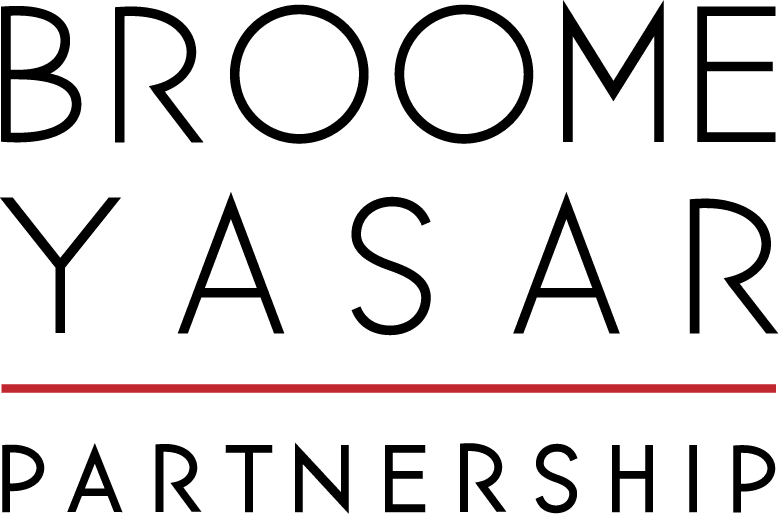NEWS

What to Expect from an IR Interview – Extract from IR Magazine, October 2021
Oskar Yasar was recently interviewed by IR Magazine for his unique insights into the dynamics of interviews for senior level IR interviews. With his experience of helping to appoint more than 400 senior IR leaders we hope this article is a useful tool for those IR candidates preparing for that all important interview.
To access this full article please go to: https://content.irmagazine.com/story/ir-magazine-fall-2021/page/3
What to Expect from an IR Interview, IR Magazine, October 2021 by Maria Ward-Brennan
The role of IR has changed over the years, including the interviewing stage for getting an IR job. Maria Ward-Brennan maps out what type of people companies want – and the questions they will be asked.
In 2015 IR Magazine ran an article that outlined seven questions to expect in an IR interview; to this day, it is the most-read article on our website. At the time, the seven questions – based on expert input – were:
What do you know about our company?
What do you know about this particular role?
What difference do you think you can make in this role?
How do you ensure your financial models are up to date and relevant?
How would you manage the relaying of negative feedback from the investment community to the C-suite?
If we select you, what would you propose doing in your first week, first month and first year?
Are there any aspects of the role you would like to ask about?
But the role of an IRO has changed a lot during the last six years and investor relations is increasingly being viewed as a strategic function. ‘We’re seeing a lot of changes in terms of what our clients are looking for: more senior IROs, professional maturity… someone who knows how to manage and build a relationship quickly with the C-suite and the board,’ says Peter McDermott, senior client partner at Korn Ferry. He adds that he is seeing less demand for people with a communications background or people who have a less proactive approach to IR.
The investor relations role is now also attracting a new and more established set of individuals. Oskar Yasar, managing partner at Broome Yasar Partnership, explains that ‘more sophisticated people are coming into IR now from investment banking, with MBA, chartered financial analyst and associate chartered accountant qualifications.’
This is no surprise, he points out, given the proximity of IROs to senior management. In fact, the confidence these individuals can bring to the role can often hold them in good stead. ‘They need to be very outgoing, very aware, confident, robust and sort of headstrong,’ Yasar adds.
Be prepared from the very beginning
Due to how important the IR role has become, many more companies are using search consultants to find someone to fill the position within their company. Search consultants like McDermott and Yasar usually interview various individuals and establish a short list to send on to the clients. But a lot of people are not fully prepared when being interviewed by the search consultant.
‘I think 60 percent don’t prepare and don’t really understand that the recruiter role is actually quite a critical one,’ says Yasar. The individuals who make that short list are picked as they are ‘the best of the crop,’ he adds.
McDermott explains that by the time candidates get to the stage where they meet the hiring organization, his team has already interviewed and fully assessed them for their experience, technical expertise and cultural fit.
He notes that the main interview with his clients will be more focused ‘on management style and cultural fit, because this person will work so closely with key stakeholders, certain board members and the chair of the audit committee. Whatever the situation, that culture fit and management style is something companies need to measure and get a sense of right away.’
Regarding the previous article on questions asked at an IR interview, Yasar says that if a candidate has come through an executive search process, the seven questions will already have been covered by the search consultant. ‘The questions CFOs and senior management will ask is about candidates’ experience of what they’ve done to make a difference,’ he says.
Below, Yasar and McDermott outline the crucial questions candidates need to be prepared to answer to showcase their career experience.
What have you done on ESG?: ‘ESG is so under the microscope these days,’ says McDermott. The continued rise in importance of ESG is at the heart of many conversations with investors and, therefore, at the heart of many interviews. Yasar explains that the UK is the first G7 country to legislate how pension funds are allowed to invest in publicly listed companies. ‘Therefore, every listed company in the UK needs to have an ESG policy,’ he adds, noting that an ESG question is asked in every one of his client interviews now.
Along with ESG and due to the current environment, there will be an additional question on Covid-19 and what experience the individual has on it. ‘ESG and Covid-19 are now essential parts of an IR program,’ says Yasar.
What experience of shareholder activism do you have?: McDermott highlights that ‘activism has been around for a long time’, therefore ‘any strategic IR leader should have that as part of his or her proactive IR platform and should be prepared for any number of events. Activism experience is a must-have.’
Yasar says he’s working with one US-based client that will not accept anyone on the short list who does not have shareholder activism experience. ‘There are a lot more clients now who have shareholder activists and that’s why IROs need to be experienced in working with them,’ he explains.
Where do you see your career in five to 10 years’ time?: Yasar says that of his 420 senior-level appointments over the years, about 35 percent of them have gone into a CFO role, a strategy role or even, in some cases, a CEO role. ‘CEOs don’t mind when candidates show how ambitious they are and how forward-thinking they are because, ultimately, those people are going to shift the dial internally,’ he notes.
McDermott says his firm has had a couple of searches in the last year where the head of IR today will be a business unit CFO in two years. Companies looking to hire the best IR talent need to lay out an attractive career development roadmap.
‘It’s promised to candidates [at point of] hire because companies see the importance of this function,’ McDermott explains. ‘And [as IR works] with so many stakeholders, companies want to position it for success and they want to position the [investor relations] person to grow and stay with the organization.’




